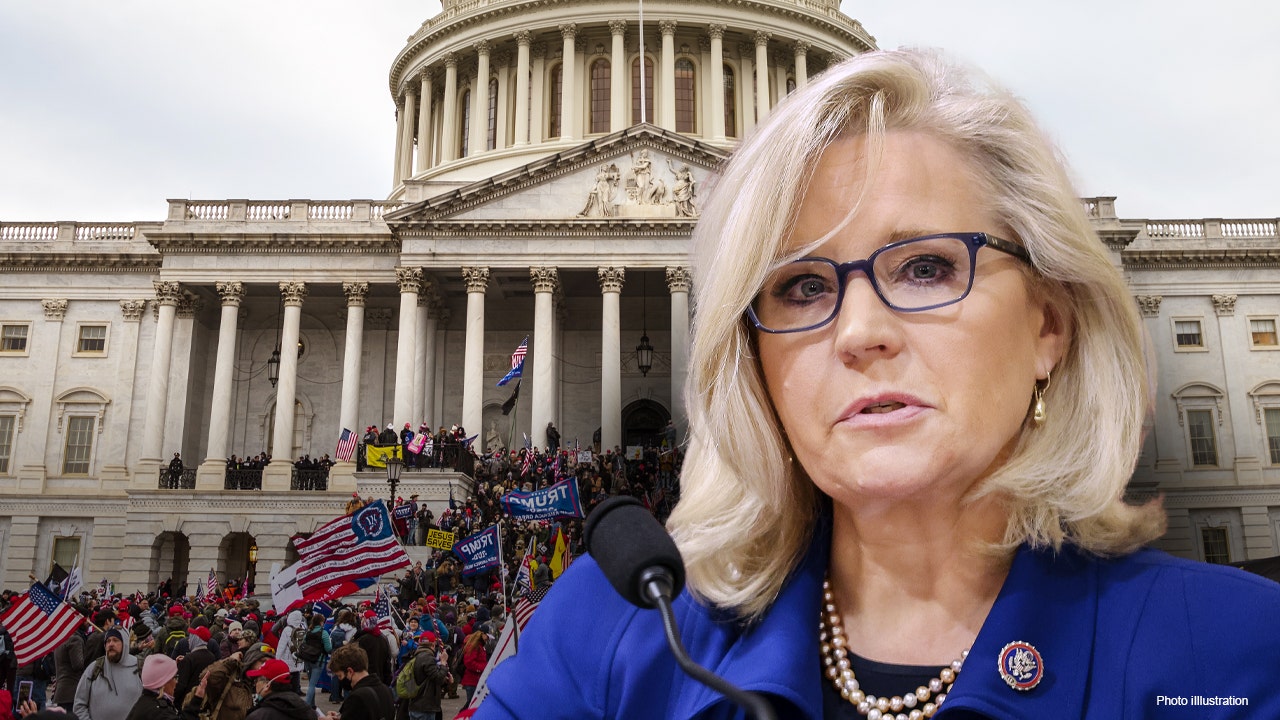A Los Angeles County Superior Court judge on Monday rejected Rebecca Grossman's bid to overturn her convictions for the murder of two young brothers in a Westlake Village crosswalk, saying the facts and circumstances presented at trial justified the verdict.
Judge Joseph Brandolino upheld the decision in the murders of Mark and Jacob Iskander in September 2020, saying the evidence was “sufficient to support implied malice beyond a reasonable doubt.”
It found that Grossman knew his actions were a danger to human life and acted with conscious disregard, factors required by law for vehicular murder convictions.
After a six-week trial filled with drama and emotion, a jury of nine men and three women found Grossman guilty in February of two counts of second-degree murder, two counts of gross vehicular manslaughter and one count of hit-and-run in The deaths. of the Iskander brothers, aged 11 and 8.
Brandolino said the “totality of the evidence” of Grossman’s actions before and after the fatal collision, including drinking alcohol, speeding and leaving the scene, supported the verdict.
The judge noted that he drank at a Westlake Village restaurant and at a friend's house and, based on his blood alcohol level, had probably had more than two drinks and then drove while “slightly impaired.”
He accelerated from 73 to 81 mph in a residential neighborhood on Triunfo Canyon Road that had a 45 mph limit, the judge said. And she was closely following the vehicle of Scott Erickson, her then-boyfriend, before the accident as the two ran home.
Brandolino also said Grossman left the scene. His SUV stopped three-tenths of a mile from the marked crosswalk where the children were hit after the safety system shut off the vehicle.
The judge also noted how Grossman had “received a warning that speed could kill” when a California Highway Patrol officer gave him a speeding ticket in 2013.
James Spertus, Grossman's new lead attorney, who was hired after his conviction, argued that no evidence was presented at trial to support implied malice, which is necessary for murder charges.
“She doesn't have an evil heart,” Spertus told the judge. “EM. Grossman didn't want to go fast and she didn't care. … It's a tragedy, not a murder.
“This has been an incredibly tragic case,” Spertus continued.
But when the lawyer told the court that “Ms. Grossman suffers every day,” his words provoked audible disgust among viewers, many of whom have loyally supported the Iskanders.
Spertus also argued that testimony related to Grossman's 2013 speeding ticket should not have been admitted, saying it was a weak attempt by the prosecution to show implied malice. He said the warning Officer Robert Leffler allegedly gave Grossman when he ticketed her for going 93 mph on Highway 101 was insufficient.
Spertus argued that while prosecutors had promised that the officer would specifically say that he had given Grossman a warning that “speed kills,” he actually testified that he generally gave that warning to all drivers. The prosecution's argument – that the warning indicated that if it continued to speed in the future, it would be “with conscious disregard for human life” – was specious, he said.
“You were deceived by allowing certain evidence to come in,” Spertus told Brandolino of the officer's testimony.
Brandolino, however, responded that the testimony was not demanded as offered, but it was not that far from what he believed was going to be said.
Spertus also attempted, unsuccessfully, to argue that Grossman was not read his rights during nearly an hour of waiting in a police car after the accident and, as such, his statements during that period were inadmissible.
But Brandolino said the co-founder of the Grossman Burn Center was never in custody during that time and a deputy placed her in a sheriff's cruiser for her safety.
The judge also denied the defense's request for a new trial based on a plethora of other arguments involving expert testimony and crime lab testing methods.
Grossman, who appeared in court wearing a brown prison shirt and pants, will be sentenced June 10. She faces a sentence of 34 years to life in prison.












